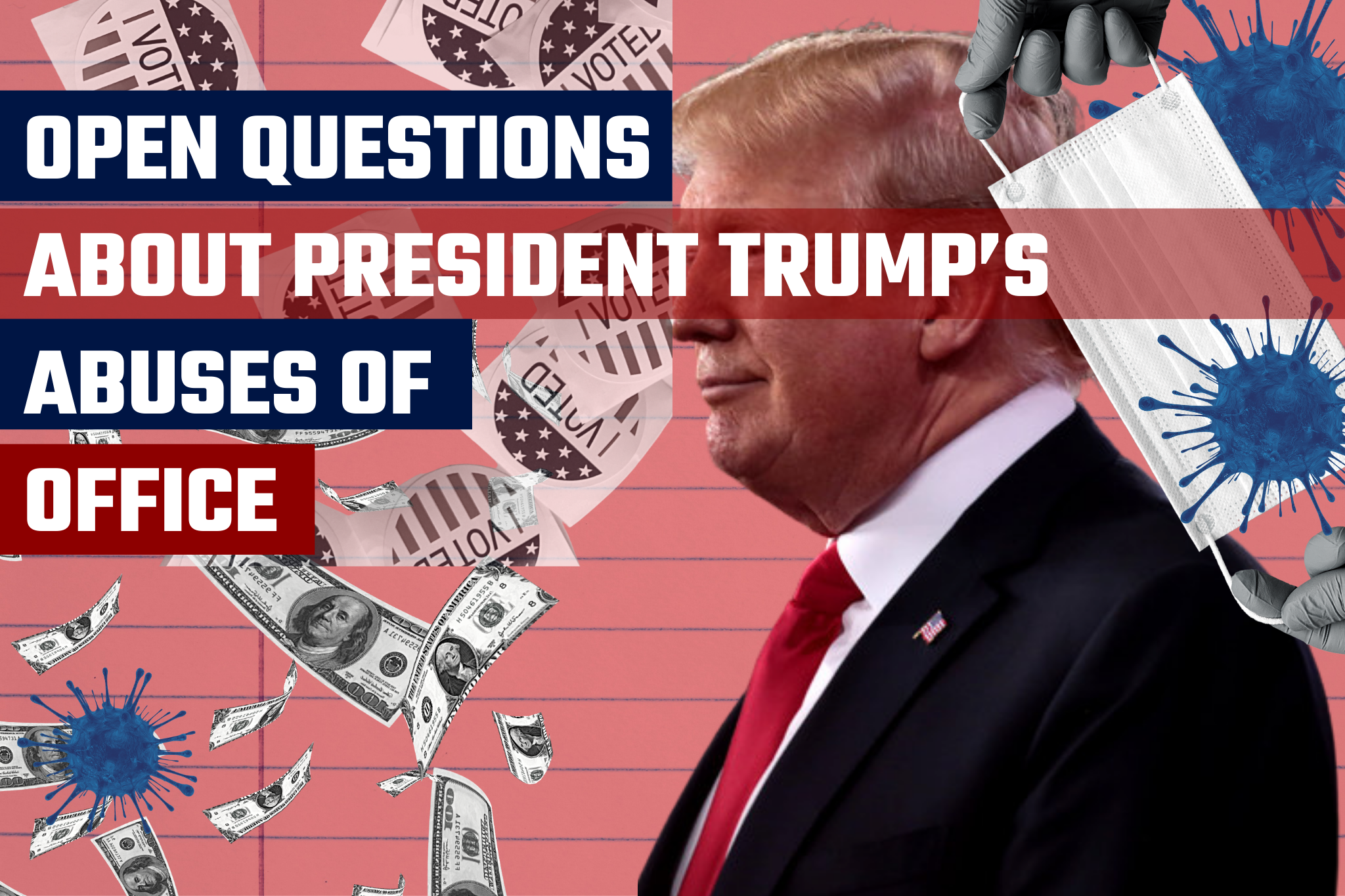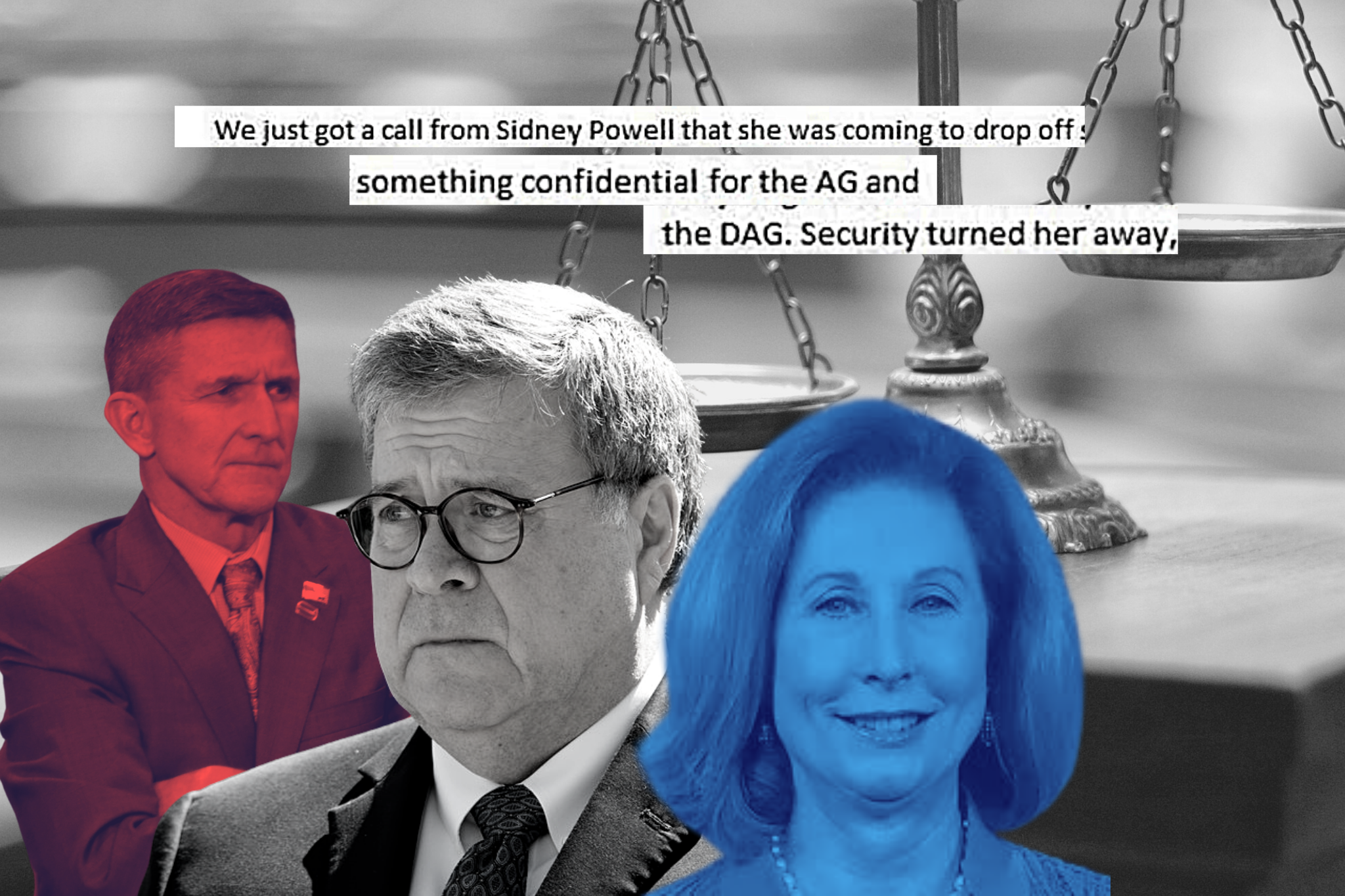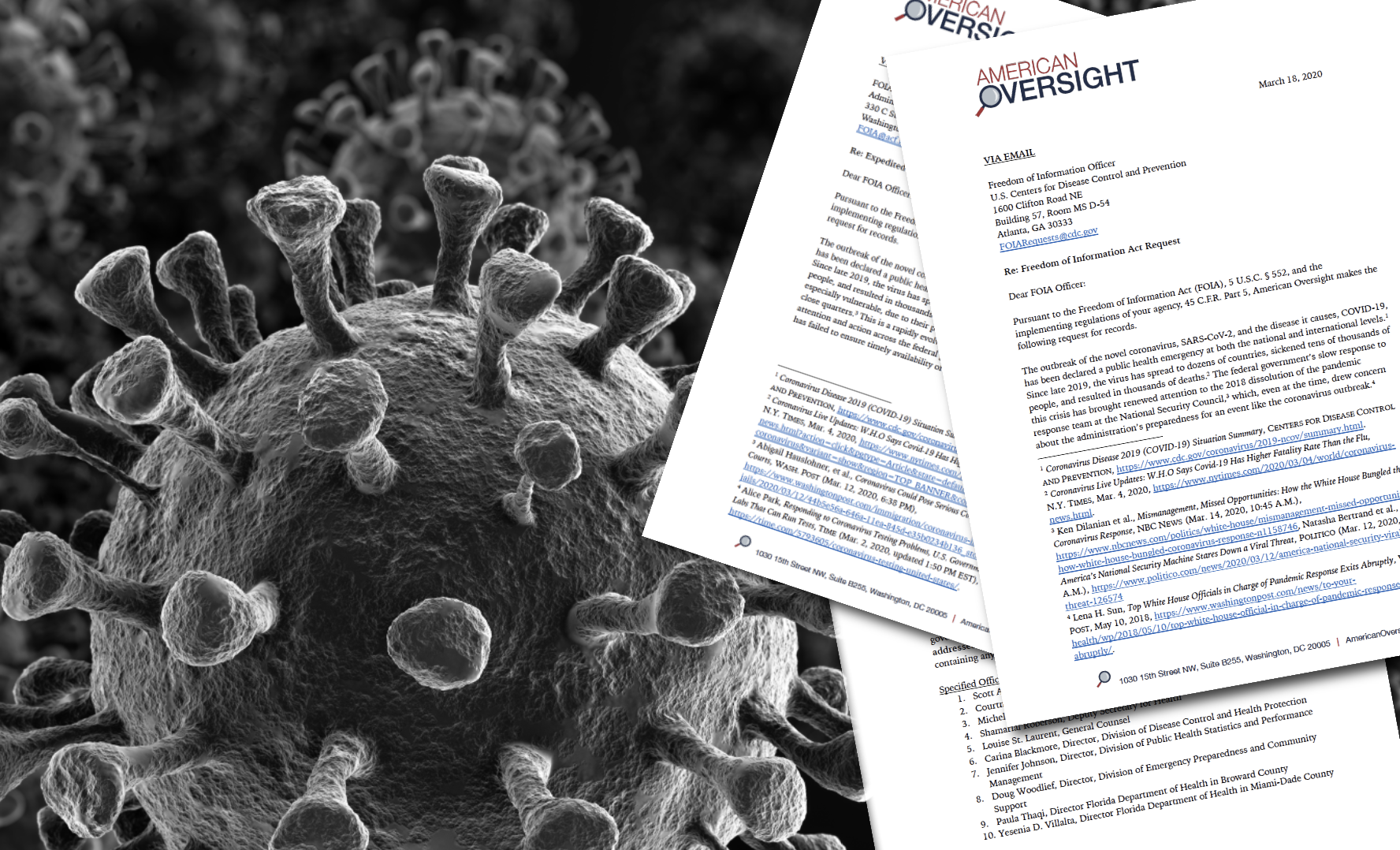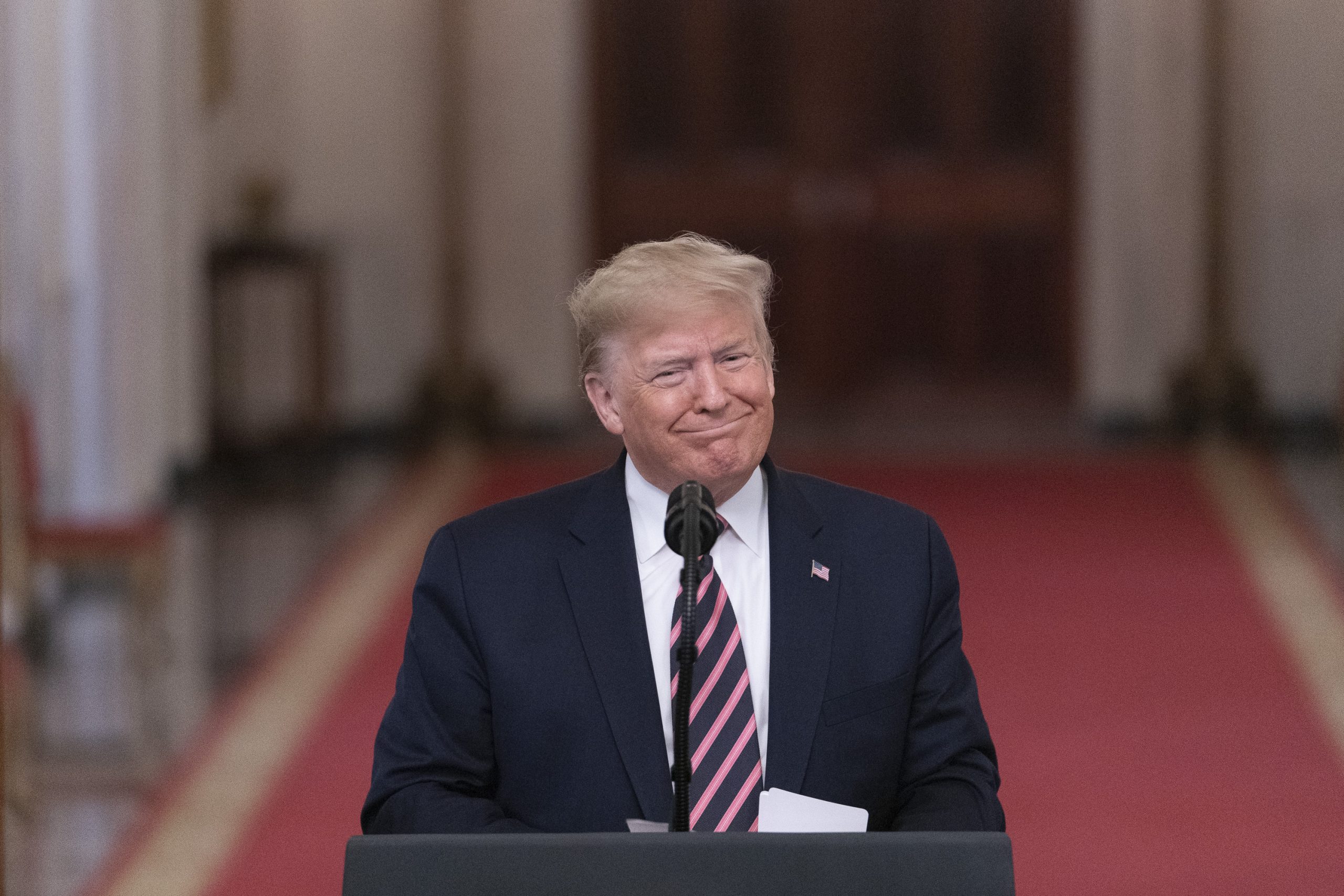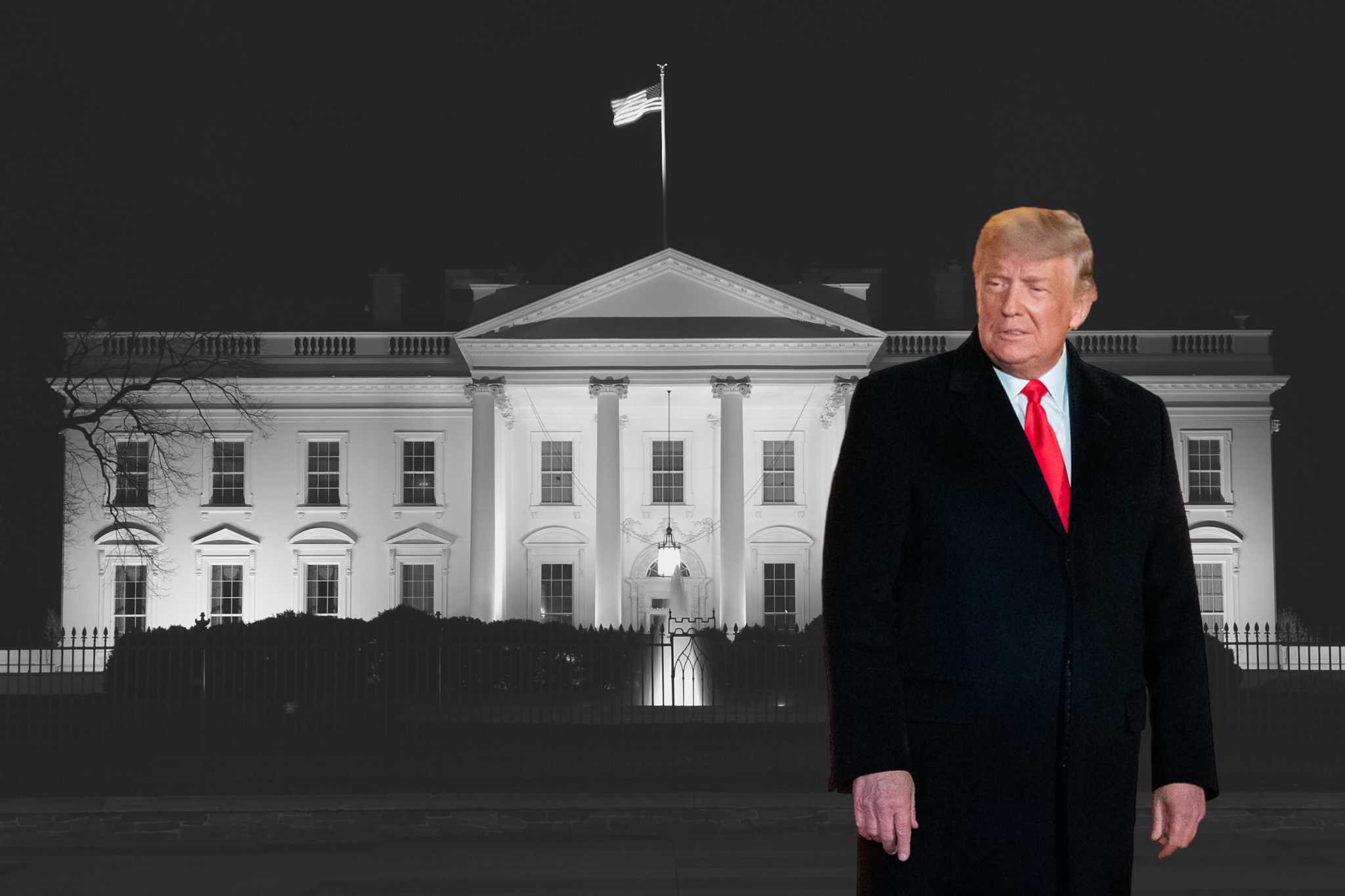
Trump’s Use of Presidential Clemency Powers
American Oversight is seeking information about how former President Trump deploys his clemency powers, including pardons and commutations given out to political allies such as Michael Flynn and Roger Stone.
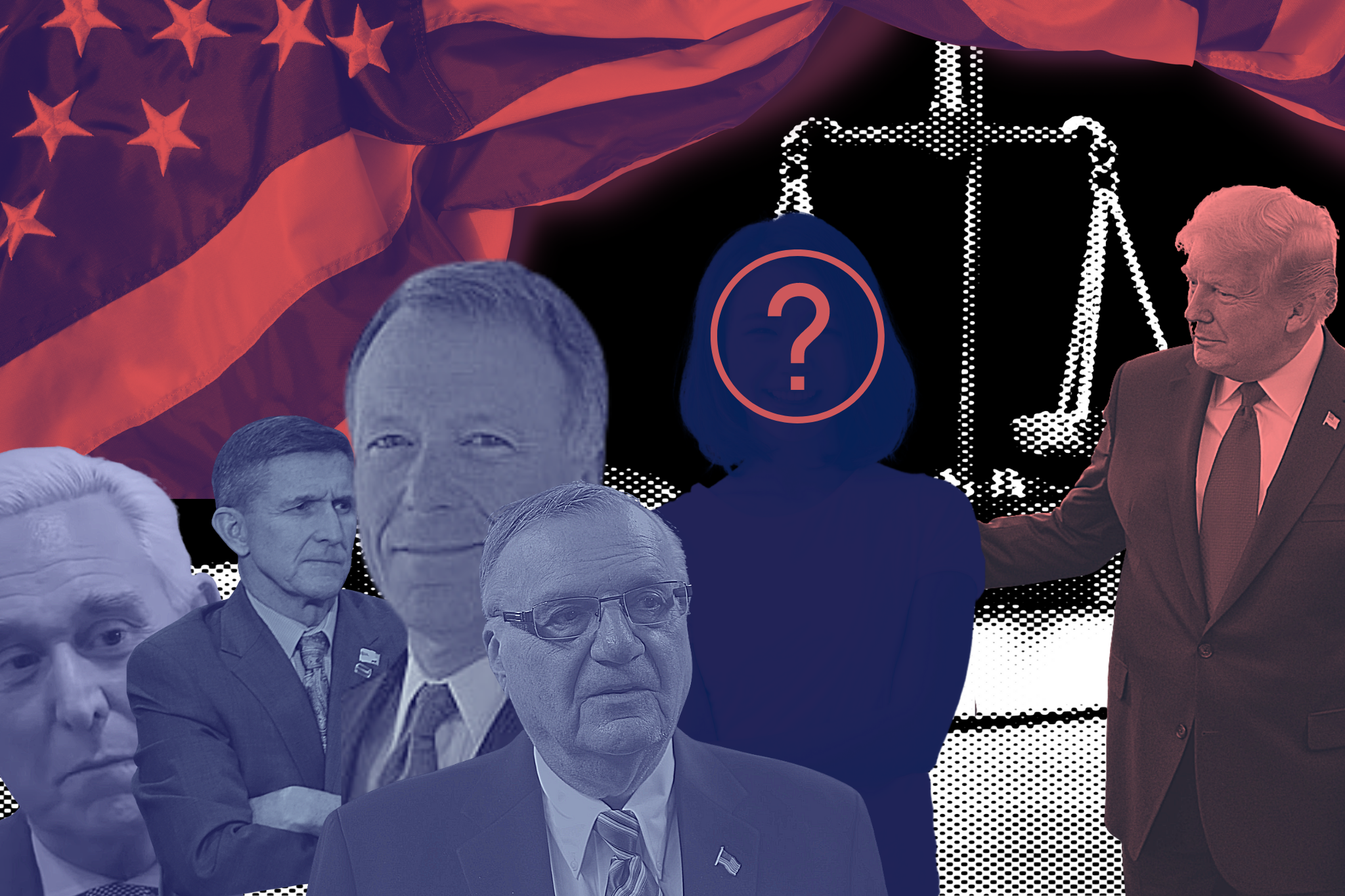
American Oversight is investigating how former President Donald Trump deployed his presidential clemency powers, including the ability to pardon individuals or commute their sentences. Observers have noted that Trump rarely deploys those powers except when he has something to gain personally or politically — and reports suggest he has considered doling out mass pardons to friends and family in the final days of his presidency.
Trump stepped outside of the normal procedures from the start by going around the Office of the Pardon Attorney, a Justice Department office that typically helps the president vet requests for clemency, with his first pardon in August 2017, which was granted to Joe Arpaio, the notoriously anti-immigrant former sheriff of Maricopa County, Ariz.
News reports and testimony from then-Attorney General Jeff Sessions showed that the office was again excluded from the consideration process in the April 2018 pardon of Scooter Libby, the one-time top aide to former Vice President Dick Cheney who was convicted in 2007 of obstruction of justice in the Valerie Plame leak investigation. An American Oversight Freedom of Information Act request uncovered internal communications showing the Office of the Pardon Attorney scrambling to respond to Libby’s pardon and providing further details of how the agency was left out of the loop.
Records American Oversight obtained in response to FOIA litigation also shed light on how the Justice Department responded to the cases of former National Security Adviser Michael Flynn and Trump associate Roger Stone, who were both charged with crimes related to obstructing the investigations into foreign interference with the 2016 election. Stone was sentenced to more than three years in prison in February 2020, but Trump commuted his sentence in July. Flynn sought to withdraw his 2017 guilty plea in January 2020, a strategy pushed by his lawyer and Trump legal ally Sidney Powell. The Justice Department dropped charges against Flynn in May 2020 and Trump pardoned him just before Thanksgiving.
The documents released in response to our requests related to the Flynn case show that Powell was in contact with senior Justice Department officials about the case even before her representation of Flynn was publicly reported. Other records related to Stone’s case obtained by American Oversight provided additional information about how Attorney General William Barr’s unprecedented intervention in sentencing recommendations quickly caused chaos among Justice Department officials.
American Oversight has also sought access to the records of the clemency task force set up by Trump in early 2020 and reportedly headed by his son-in-law Jared Kushner. The records of that group’s meetings should be made available to the public under the Federal Advisory Committee Act, and in March 2020, American Oversight sued for the task force’s records.
